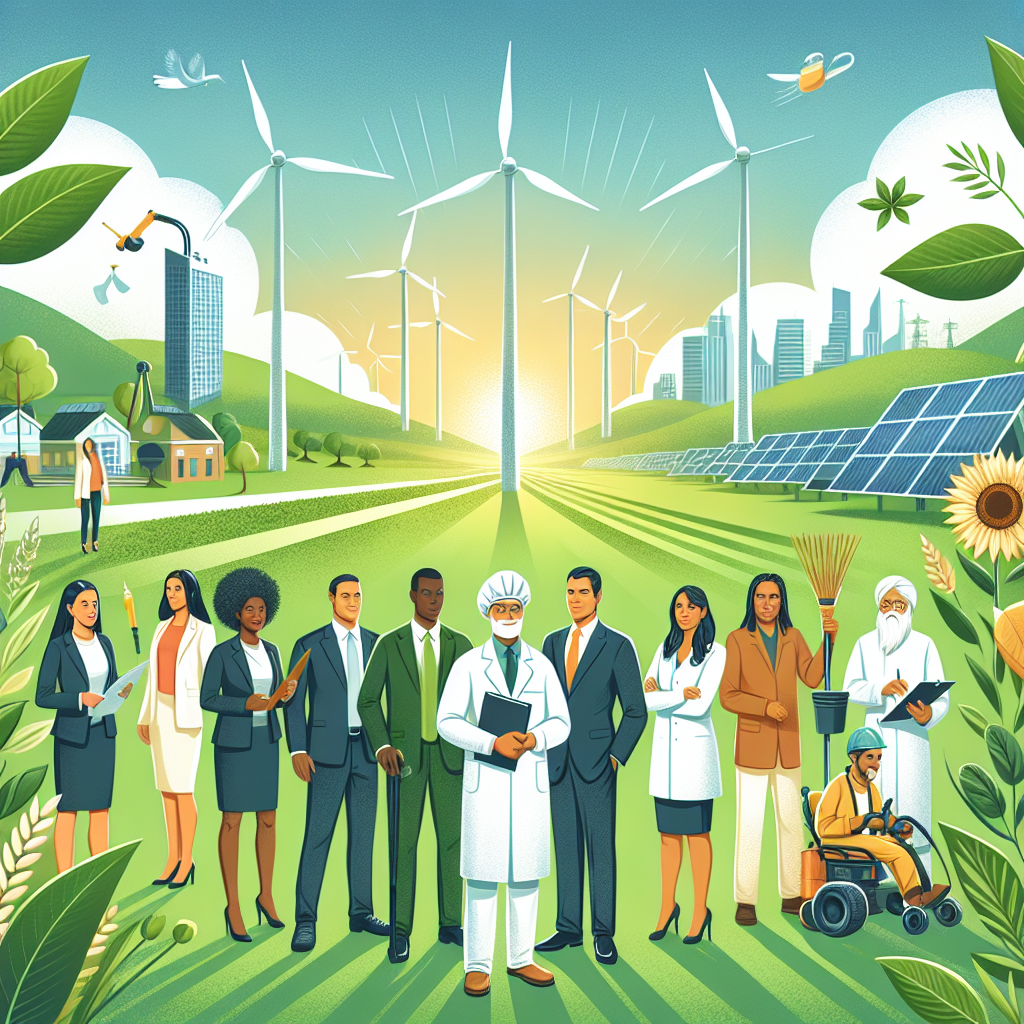Britain's Economy Stalls in April: Labour Criticizes Sunak's Claims
Britain's economy showed no growth in April after a strong start to 2024, largely due to rainy weather. Opposition Labour Party used the data to criticize Prime Minister Rishi Sunak's pre-election claims of economic turnaround. Despite no growth in April, the economy grew 0.7% in the three months to April.

Britain's economy showed no growth in April after a strong start to 2024, caused in large part by rainy weather, but the opposition Labour Party jumped on the figures to attack Prime Minister Rishi Sunak's pre-election claims of a turnaround.
Gross domestic product was flat in April - as expected by economists polled by Reuters - after a 0.4% month-on-month rise in March, the Office for National Statistics said. The figures followed labour market data on Tuesday that showed falling employment and rising unemployment, but continued strong wage growth.
Rachel Reeves, who stands to become finance minister if the opposition Labour Party wins the election, sought to use the data to attack one of Sunak's main election campaign messages. "Rishi Sunak claims we have turned a corner, but the economy has stalled and there is no growth," she said immediately after the figures were published.
The Labour Party is on course to win the national election on July 4, according to opinion polls which give Keir Starmer's party a roughly 20-point lead over the governing Conservatives. Sunak will still be able to point to strong economic growth in the three months to April, which reflects the recovery in the first quarter of 2024 from last year's brief and shallow recession.
The economy grew by 0.7% in the three months to April, the fastest expansion for almost two years, compared with the three months to January. Still, the economy remains only 0.6% larger than it was in April 2023, and 2.2% bigger than its size during the last national election of 2019 - a historically poor performance.
Paul Dales, chief economist at Capital Economics, said the stalling of growth in April did not raise the risk of a return to recession and seemed linked to wet weather which hurt construction and the retail sector. "Overall, despite the stalling of the recovery in April, the dual drags on economic growth from higher interest rates and higher inflation will continue to fade throughout the year," Dales said.
"That will generate a bit of an economic tailwind for the next government." The Bank of England is expected to start cutting interest rates from their 16-year high of 5.25% later this year.
Growth in April was driven entirely by the services sector, with information and technology and the professional and scientific expanding rapidly. However, manufacturing and construction output - both down 1.4% in monthly terms - performed worse than any economist polled by Reuters predicted.
(This story has not been edited by Devdiscourse staff and is auto-generated from a syndicated feed.)










